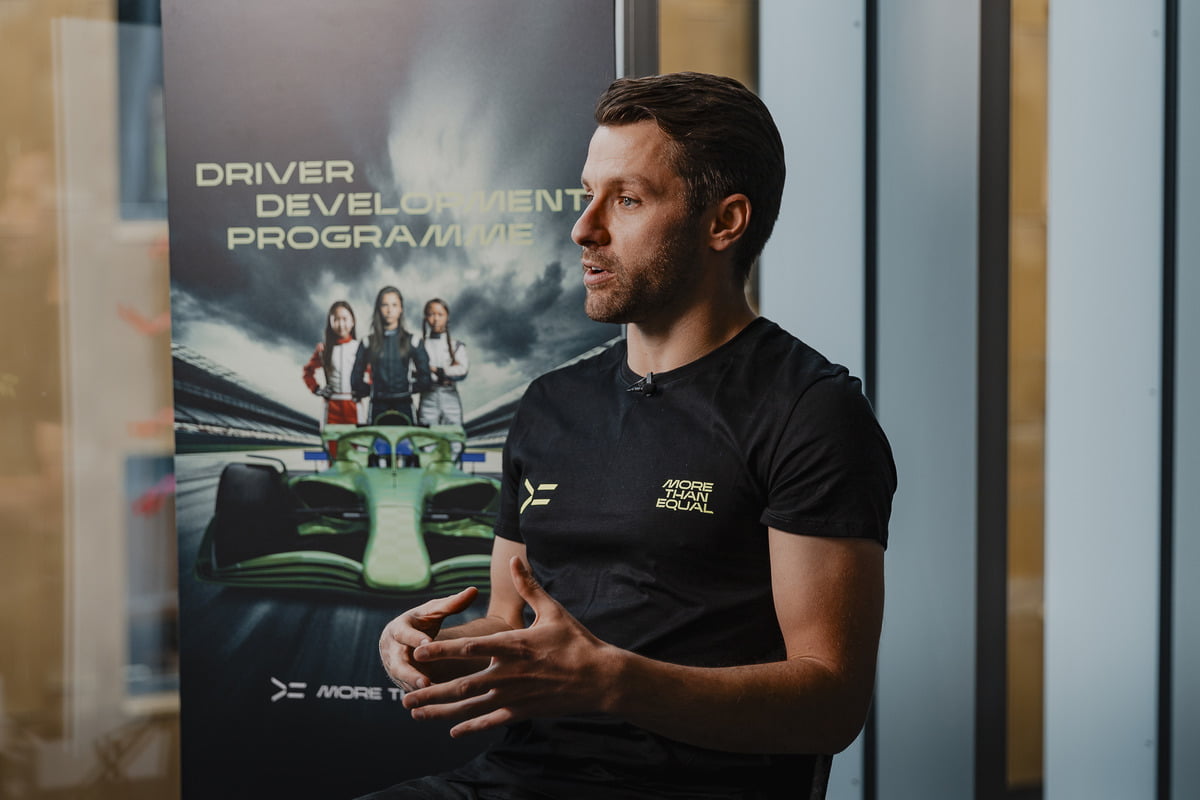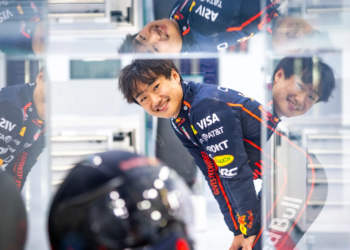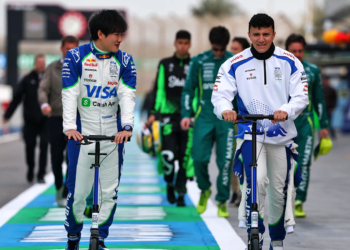More Than Equal is the initiative dedicated to addressing the lack of female representation in motorsport by nurturing and unearthing not only the next wave of female racing talent, but the first female Formula 1 World Champion.
To aid the initiative in its goal, More Than Equal has set up a one-of-a-kind female driver development programme to guide the next generation of women racers. Alpine Formula 1 Development Driver and Reserve and Development Driver for the Mahindra Formula E team Jordan King has been assigned as one of the programme’s coaches.
King has 129 career podiums to his name and experience racing in the likes of Formula 2, IndyCar and the FIA World Endurance Championship. His time racing across a plethora of formulas means he can pass on a wealth of knowledge to More Than Equal’s Development Drivers. Motorsport Week had the privilege to discuss King’s plans as a coach and how his own experiences will benefit the inductees on the programme.
Q: When were you first aware of the More Than Equal initiative and who approached who regarding your joining as a coach for the driver development programme?
JK: It’s one of those things that actually goes back quite a while, probably say almost towards two years now. I’ve lost track of time with Covid, but probably about two years ago I got to hear about it. We made contact properly in the middle of last year and then it has gone from there and just kind of slowly grown and then once the official roles were announced I applied for the role then but yeah, it’s probably been a long process of hearing about it, initially meeting people and going from there.
Q: What made you want to join the programme as a coach?
JK: Well, I’ve taken a lot of pride in my own career in developing myself and making myself as best as I can be, so to speak, and now I’ve started to do that in other lines of my career with younger drivers, and this has struck me as a great opportunity, one, to test myself and push myself. Getting a female into Formula One isn’t easy, getting anybody into Formula One isn’t easy, so, you know, it’s going to be a real challenge, so I like that aspect of it, but it also just inspires me and I’m quite interested in seeing how well you can develop an athlete and a human being, especially in a motorsport environment.
Q: Your fellow coach Sarah Moore is on record saying that growing up she had limited access to coaching and that didn’t change until far later in her career – as a male up-and-coming driver was your experience different from that and if so, would you say your experience of development coaching as a student will help you guide the next generation of female drivers as a mentor?
JK: The thing with motorsport is a big limiting factor always comes down to finances and as with things like coaching and mentoring, development away from the track falls second most of the time to the budget constraints. If you’re trying hard to get a budget together, to go racing, you’re not gonna spend the extra money on the development. So it becomes a bit counterintuitive, trying to save money, but also listening to your development. I never had a one-to-one coach that was my personal coach, but some of the teams I was in had a coach or the engineers would help you and everything. So there was a level of developing and development there, but not a massive amount. And there was always a large program around in Motorsport UK, which was MSA, had a team UK program, the BRDC had the Rising Stars and then the Superstars program. There was an FIA program back in the day that I was involved with. So there’s always been things around, and I suppose this becomes something for a driver, they don’t have to worry about it, we can do everything for them, that kind of public constraint can go away, and because we’re independent we can take the best of all the worlds, put it into one place, and really have some really good people, some really good development, and hopefully have a really good programme by the end of it.
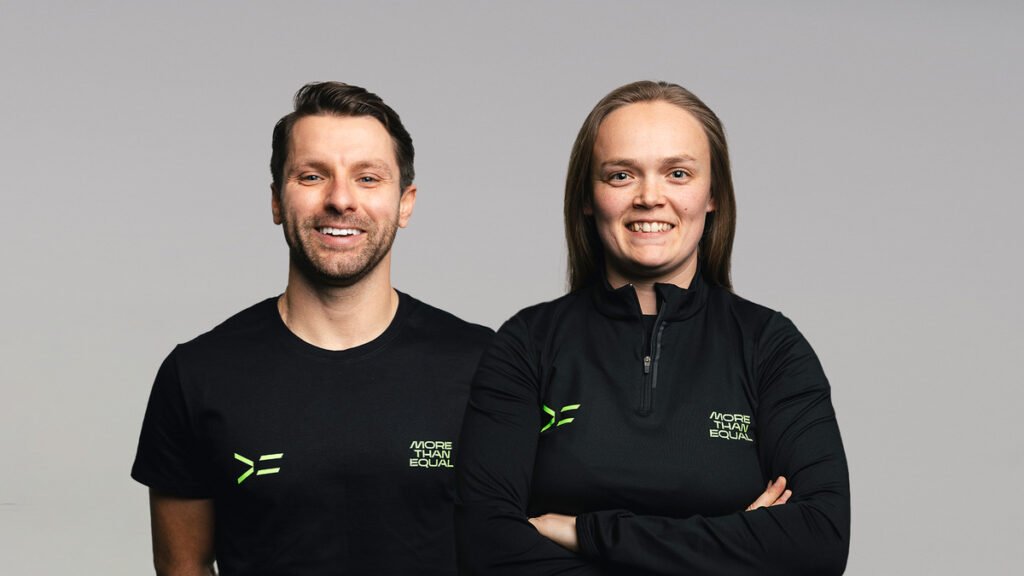
Q: What specific learnings do you want to pass on as a coach to the More Than Equal programme inductees?
JK: I started karting at 12 and it was quite a quick learning curve for me, starting relatively late in my sport these days and that sounds crazy and I’ve made some mistakes along the way with my driving, with decisions and got some things very right along the way and as I said earlier I took a lot of pride and pleasure in making sure I wasn’t leaving any stone unturned, so you’re really using that in turn to make sure I can focus on the driver getting better, making sure they’re addressing their inadequacies, their development in understanding how to drive quicker, why you do it, how you do it. But then holding them accountable and letting them kind of discover it for themselves as well along the way.
Q: In terms of your experience as a development driver with Alpine and Mahindra, you probably have sort of maybe a different mindset when it comes to driving, maybe a more data-driven or more analytical approach. If that’s the case, would you say that those roles in those setups and the relationships you have with engineers is going to be a benefit to you as a coach?
JK: Maybe I do, compared to the next person. I have a bit more of an analytical brain and that might just be me as a person, but I wouldn’t say it’s particularly related to the roles that I do in the motorsport world. Yes, I feel it has helped me in my career in understanding the hows and the whys. But actually, from a human performance standpoint, I think understanding how a car works is very similar to understanding how a human works. It’s intrigued me to try and get the best performance out of whether it’s a machine or a human and that kind of the human element and the human touch to this sport sometimes gets overlooked. As Sarah [Moore] said, coaching was never a thing for her, it was always secondary in my career and as the sport develops everyone started to realise that coaching and driver development is just as important and it’s not a case of just, ‘well that’s the quickest kid so we’ll just take them and put them in a car.’ The sport is changing and the science is increasing and not leaving things up to chance anymore.
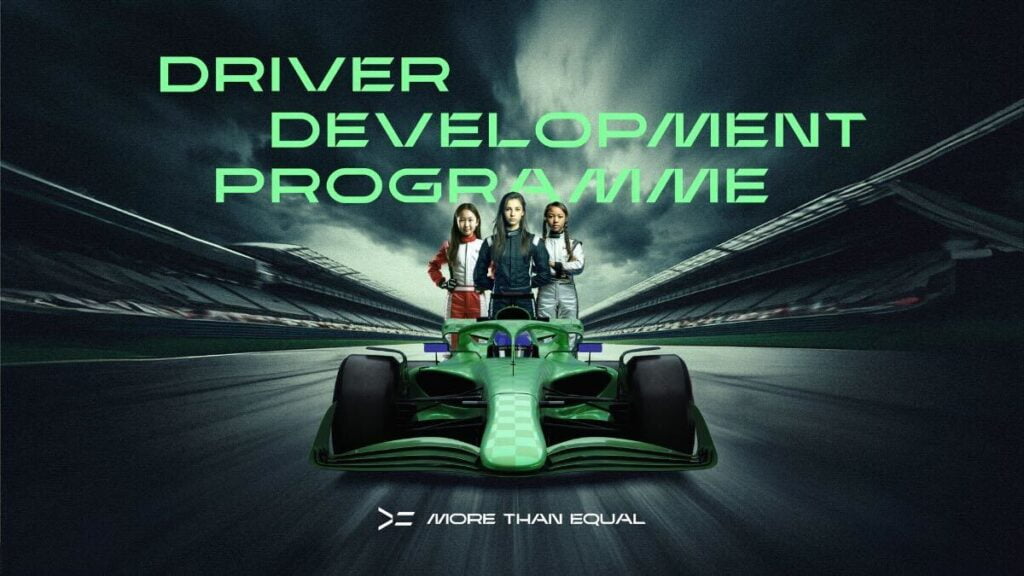
Q: How important are programmes such as More Than Equal to improving female participation in motorsport?
JK: I think first of all, to my knowledge, I don’t think anything to this level has been done before or is even in the process of being done. So, you know, whatever the kind of the timeline is, let’s say life cycle, it’s probably not a life cycle, but by the time we get kind of through the process, actually just for a racing driver as an athlete, I feel like we’ll have a really good platform of this is what works, this is what doesn’t. Obviously, we’re tailoring it towards female drivers at the moment. But while we’re going through that, we’re also learning just about human performance in the sport. So I think we’ll have a really good idea of what works for gender, what works for humans, what works for age range and actually have a really comprehensive program to help development and you mentioned before that with the sport changing and making sure everything’s perfect. Even just say to give you an example take pit stops for an example since you know Science has come into pit stops, they’ve gone from six seconds now to two seconds and you kind of look at it now and go ‘well, why the hell did no one ever do that 15 years ago?’ All these things, they evolve and it’s one step next step next step and I feel like the programme we are creating is at the moment the best to our knowledge of what’s out there and it will keep them just getting a little bit better a little bit better. Hopefully we can all hit our goals of getting a female into Formula One.
Q: In your opinion what should everyone else be doing to encourage female athletes in motor racing?
JK: So one, having more professional females would be a massive success. There’s limited professionals anyway and just being able to bring some females to the top would be a great success. But also being able to have those role models, which our research has shown that there is a lack of role models within the sport. If we can get the role models we can encourage and grow the sport at the bottom of the pyramid as well and that would be fantastic. Imagine if in 10 years’ time we were all sitting here and there was a 50 % split at the bottom, you know loads of professional race drivers around the world I think that would look great and it’s very similar to horse riding you know there’s not really other sports where everyone’s competing on a so-to-speak level playing field or if it’s what can be a level playing field and that’s the same as horse riding you know, there’s men and females competing across multiple different disciplines and yeah they’re very similar.

